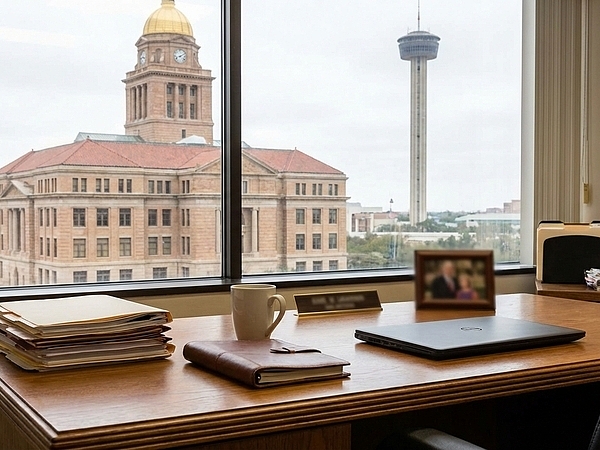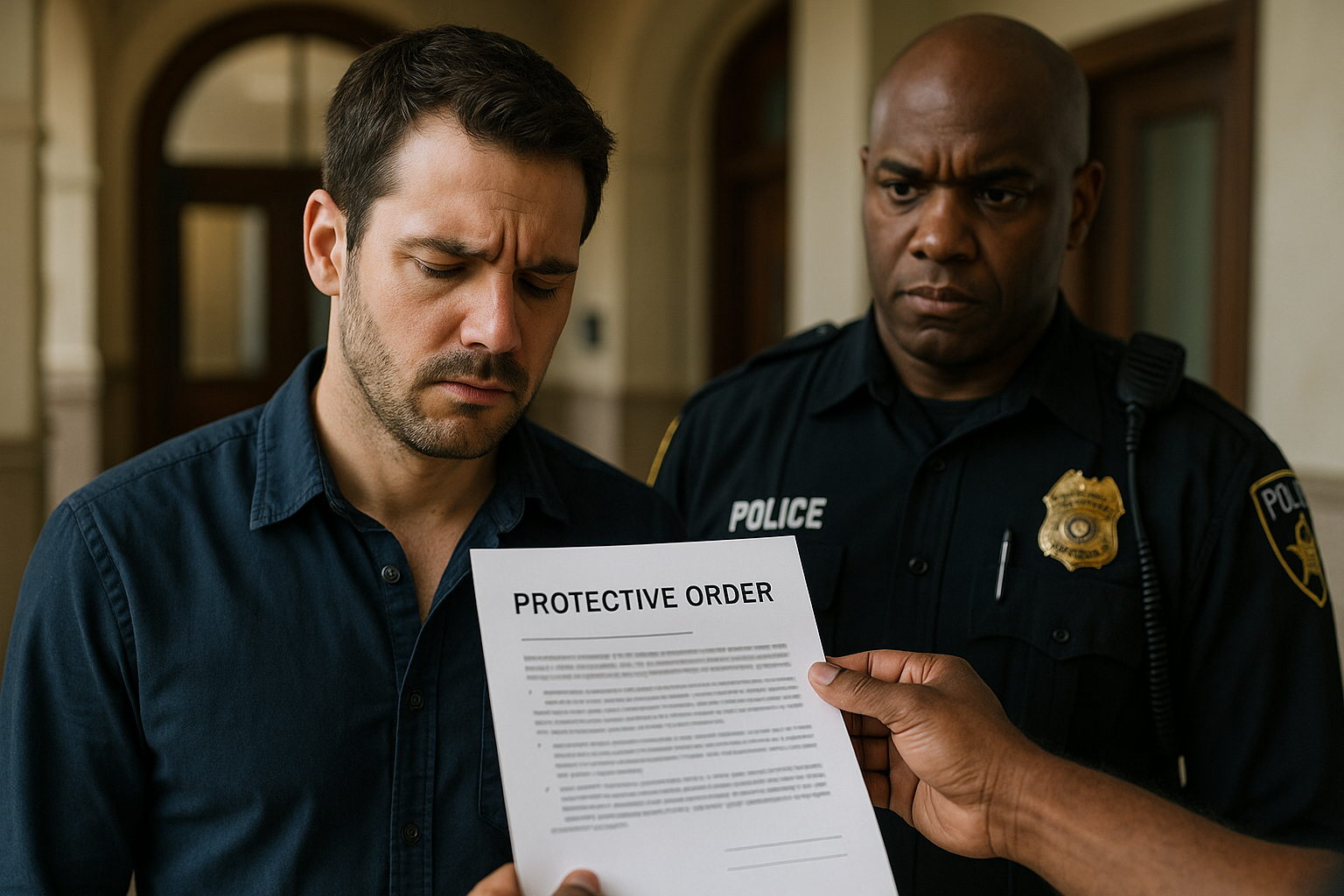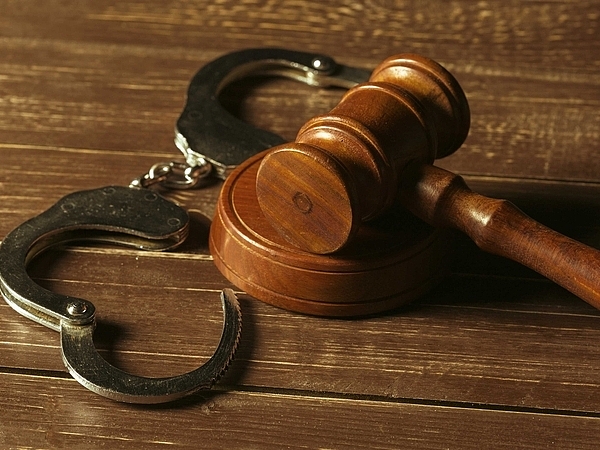5 Things Everyone Should Know About the First Amendment Right Now
The First Amendment to the United States Constitution is a cornerstone of American democracy, enshrining vital freedoms that underpin much of what is considered the American way of life. In the context of ongoing national discussions and legal challenges, it’s more important than ever for citizens to have a clear understanding of what the First Amendment entails and how it impacts our daily lives. In today’s post from the Law Offices of Gary Churak are five critical aspects everyone should be aware of.
1. The First Amendment Protects Five Fundamental Freedoms
Less than 10% of Americans can accurately list the five freedoms the First Amendment protects: religion, speech, press, assembly and petition. These freedoms are crucial for a functioning democracy, allowing individuals to express their beliefs, challenge the government and disseminate information without fear of government retribution. This foundation enables a society where ideas can be freely exchanged, and injustices can be addressed openly.
2. The Amendment Limits Government, Not Private Entities
A common misconception surrounds the extent of the First Amendment’s protections, especially in the digital age. This amendment restricts governmental actions against individuals’ freedoms but does not apply to private companies. Hence, while you can voice any opinion in a public square without fear of legal action (within the bounds of law), private platforms like social media websites have the right to regulate speech on their platforms. This distinction became starkly evident in controversies such as the ban of public figures from social media platforms, illustrating the limits of First Amendment protections in private spheres.
3. Not Absolute: Exceptions and Limitations
While the First Amendment rights are broad, they are not without limitations. The government can impose certain restrictions for reasons such as national security, public safety and protecting individual rights. For instance, speech that incites violence or constitutes defamation can face legal repercussions. This nuanced balance ensures that while freedom of expression is upheld, it does not come at the expense of public order and individual rights.
4. The Role of the First Amendment in Schools and Workplaces
How the First Amendment applies in schools and workplaces can be complex. Public schools, for example, must navigate the line between protecting free speech and maintaining a conducive learning environment. Courts have ruled that while students retain their First Amendment rights, there are scenarios in which schools can lawfully impose restrictions, especially when speech disrupts educational activities. Similarly, while an employee cannot be prosecuted by the government for expressing their views, their employer may have grounds for dismissal if their speech violates company policies or affects its operation.
5. Evolving Interpretations in a Digital World
The digital age has introduced new challenges to First Amendment rights and interpretations. With the emergence of social media as the public square where ideas are exchanged, courts have grappled with applying traditional free speech principles to online platforms. The distinction between public and private spaces blurs online, highlighting the need for legal and societal discussions on how to protect First Amendment rights while respecting the nature of private businesses and addressing the spread of harmful misinformation.
If you think you or someone had their First Amendment rights violated, you can always turn to the Law Offices of Gary Churak for legal advice on what actions you can take. Call 210-545-3850 or fill out this contact form to schedule your consultation.
‹ Back














